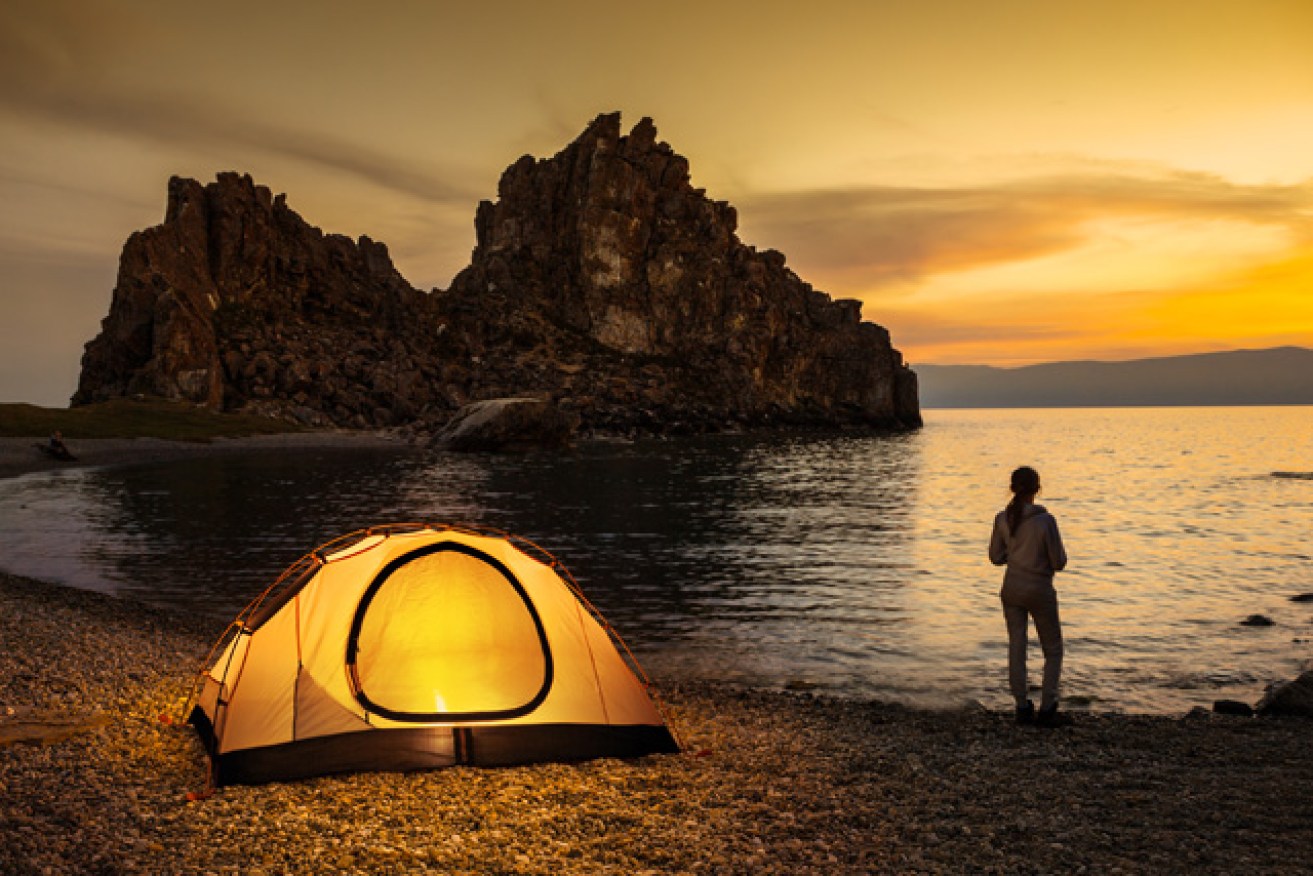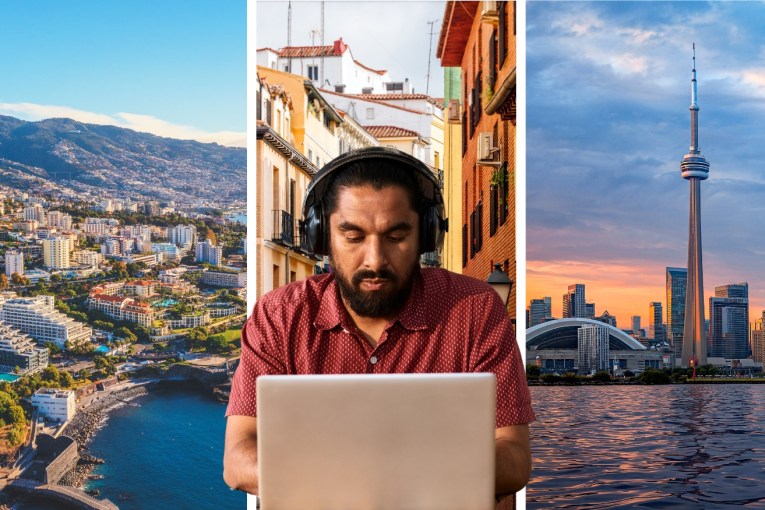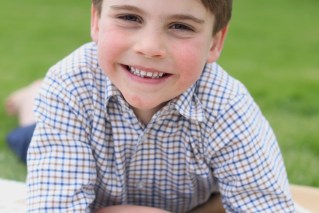A US study of outdoor campers has given hope to insomniacs by revealing the potentially powerful sleep-inducing effects of getting our bodies back in touch with nature.
The study, published on Thursday in the science journal Current Biology, found that “living in the modern electrical lighting environment delays the human circadian clock” and that a weekend camping trip “prevented the typical weekend circadian and sleep delay”.
One of the 11-member research team, Kenneth Wright from the University of Colorado Boulder, said the findings suggested that our internal body clock responded “strongly and quite rapidly” to the natural light-dark cycle.
“Living in our modern environments can significantly delay our circadian timing and late circadian timing is associated with many health consequences. But as little as a weekend camping trip can reset it,” Professor Wright said in a statement.
According to The Medical Journal of Australia, population surveys have shown that between 13 and 33 per cent of the adult population have regular difficulty either getting to sleep or staying asleep.
The research has been endorsed by an expert at the Australasian Sleep Association, who described it as a “great study”.
ASA President Dr Maree Barnes told The New Daily that by “exposing these people to the camping routine where they didn’t have access to any artificial light, that they were able to shift their body rhythms, and fairly quickly”.
“They were responsive to their internal body temperature and that was being set by the sunlight,” she said.
“We often have patients who come in and say they’re on nightshift or have jet lag … and didn’t actually know how to shift their body rhythms and this study is telling us that if you do the right thing you can probably shift your body rhythm a substantial amount.”
The two experiments
To find these results, the US research team conducted two experiments.
First, they sent group of five people on a winter solstice camping trip in the Rocky Mountains of Colorado, and were not allowed access to any artificial light stimulants such as mobile phones or torches.
The melatonin levels of the participants, measured using saliva samples, spiked more than 2.5 hours earlier during the camping trip than when they were at home, the scientists found. This means the body clocks of the participants were telling them to go to bed significantly earlier.
In the second experiment, the scientists sent nine campers on a summer weekend trip where they were allowed torches and headlamps, but no other light sources.
Their sleep times, measured using heart rate monitors, were compared with another five people who stayed home and went about their normal routines.
The weekend campers fell asleep about 1.8 hours earlier than those who stayed home, and after the weekend their melatonin levels were spiking about 1.4 hours earlier.
Flinders University sleep expert Professor Leon Lack told The New Daily on Friday that the study’s design was “brilliant”.
“When you go into that more natural environment and you don’t have anything protecting you from the normal sunlight during that, your body clock readjusts to push your sleep into the real night time,” he said.
“Our normal environment, with electrical lights and heating we can stay up as long as we like in comfort. What happens is that most of us tend to sleep towards the end of the natural night; in other words don’t go to bed until almost the middle of the night and then sleep until after sunlight.”
Try it at home
While a weekend camping trip might be the ideal way to reset the body clock, the study’s results can still be replicated at home, according to the President of the Australasian Sleep Association.
Dr Barnes said the “take-home message” of the study was that we should be “in tune” with our natural body rhythm, which is to go to sleep around 9 or 10pm and wake up at 6 or 7am.
“That’s the most natural and innate rhythm of our bodies,” she said.
“We should be making sure we go to bed at the right time and don’t sabotage our sleep. You may think that’s obvious but it’s not.
“There are a lot of people who don’t place enough emphasis on sleep, or on the time of day and how they sleep.”

“Get rid of the screens,” says Dr Barnes. Photo: Shutterstock
Dr Barnes advised poor sleepers to remove all electronic devices from the bedroom, including smart phones, iPads and televisions, because they emit the same light frequency as sunlight so “it switches off the melatonin”.
“This study showed that by exposing people only to natural sunlight, it brought forward their melatonin peak considerably, so it reinforces the understanding we have that by looking at these devices during the day and the evening pushes back your melatonin and perhaps impacts your ability to fall asleep, stay asleep and have good quality sleep.”
Tips for a good night’s sleep
- Keep bedroom temperature at about 22 degrees.
- Take a brisk walk and a cool shower before bedtime
- Sleep under a cool cotton sheet
- Don’t sleep intertwined with your partner. Sleep on your own side of the bed
- Don’t smoke before bed or during the night as nicotine is a stimulant
- Don’t drink before bed. Alcohol is a sedative but as it wears off it becomes a brain irritant and can wake you up in the middle of the night
- Don’t eat a heavy meal up to a couple of hours before bed
- Ask your GP if you have a melatonin rhythm disorder. If you do, your doctor may prescribe melatonin supplements










